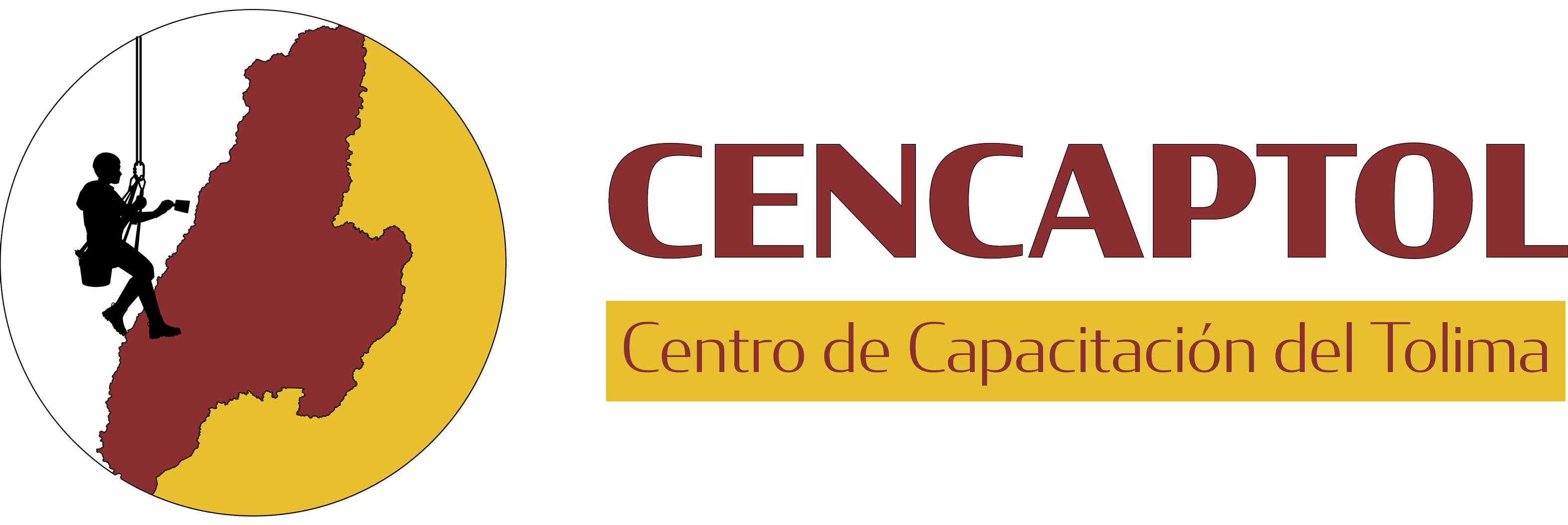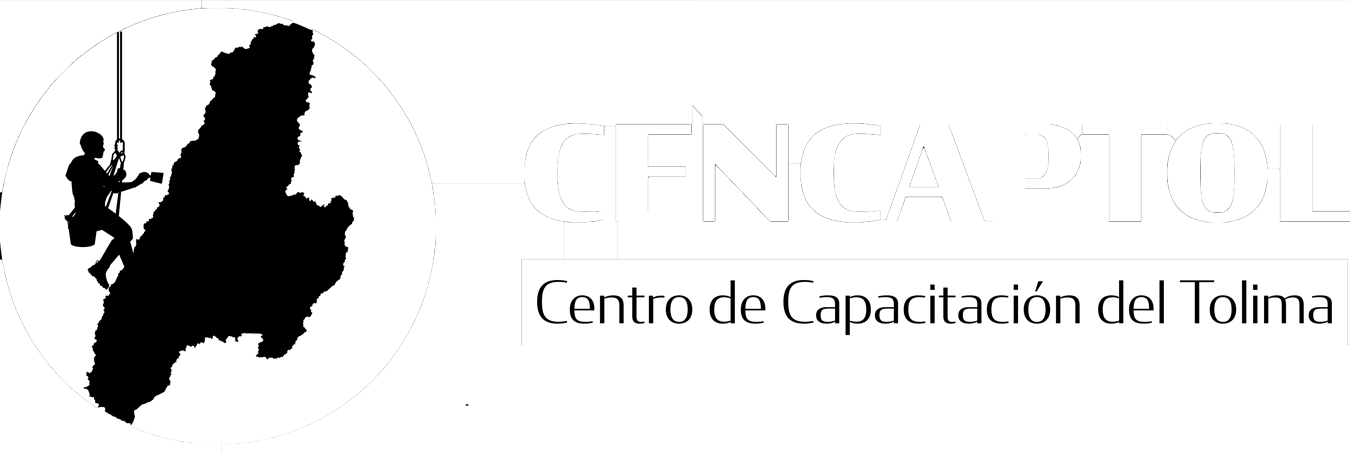Content
- Does Relapse Mean You Have Failed in Recovery?
- Cull your friends
- What Happens to Your Body When You Stop Drinking?
- Medically Monitored Alcohol Detox in MA provides safety, support, and medication as you break the grip of alcohol.
- Frequently Asked Questions
- How Should I Refer To Someone With An Addiction?
- Does One Drink Count as a Relapse?
An additional 37 percent said they could sometimes drink normally, but might still overdo it on occasion. Only one of the 24 respondents felt they could not yet drink normally. Whether you carry a physical card in your wallet or use your smartphone, try tracking your drinks to get a better handle on your consumption. Similarly, make sure the drinks you are counting are standard sizes (12 ounces of regular beer, 5 ounces of wine, or 1.5 ounces of distilled spirits). Of course, this is easier to do at home—but you can try communicating your needs to the bartender or waiter.
More importantly, drinking in moderation just doesn’t come naturally for everyone. If you slip into heavy or binge drinking, potential health benefits can quickly become outnumbered by averse affects. Sobering up means you’re in the process of becoming less intoxicated after drinking enough alcohol to get drunk. There really isn’t any way to speed up the process, despite what you may have heard about greasy burgers. Once you stop drinking, the only way to sober up is to wait it out.
Does Relapse Mean You Have Failed in Recovery?
(A “drink” means 1.5 ounces of spirits, 5 ounces of wine, or 12 ounces of beer, all of which contain 0.5 ounces of alcohol. People with alcohol use disorders drink to excess, endangering both themselves and others. After that first month, you start seeing more positive health benefits of sobriety. Your cravings are manageable, especially if you’ve figured out ways to replace alcohol with solid alternatives. First of all, you can get those same antioxidants from chowing down on a handful of red grapes.

Luckily, we have some thoughts to share on relapse, especially in light of the stress many of us have experienced in the past several months. After spending ten years sober, Linda felt an enormous amount of shame around her relapse. She was so guilt-stricken, in fact, that she didn’t want to confide in any of her recovery friends. An emotional https://ecosoberhouse.com/ relapse occurs even before the person notices what’s happening. This stage refers to the rise or resurfacing of negative emotions like stress, anxiety, or irritability that can overwhelm the person. If the person doesn’t apply the coping skills they may have learned in treatment, they may set themselves up for eventual relapse.
Cull your friends
(You shouldn’t be drinking anything that resembles alcohol if you’re an alcoholic, even if it’s alcohol-free.) They can be a positive addition to a sober curious lifestyle, though. Ask the person who is the recovering alcoholic if https://ecosoberhouse.com/article/how-to-avoid-drinking-again-after-sobriety/ they are okay with you drinking around them. By having conversations around this topic instead of assuming you already know the answer, you will likely be helping the person because they will get to answer it for themselves.
Can you have one drink and still be sober?
The answer to this question is not a simple yes or no. It really depends on the individual and their level of addiction. A heavy drinker may be able to occasionally have a drink without relapsing.
But for others, one drink can lead to an ongoing bender that may take another round of treatment to completely recover from. While there is nothing wrong with returning to rehab to ensure you stay sober, the shame and guilt that’s often caused by relapse can make the process more difficult. The first step is to seek treatment to learn how to stop drinking. Entering a rehab program will allow you to learn mechanisms to avoid returning to drinking. It will teach you how to have fun every day without the aid of drugs or alcohol. Seeking help will not only help you stop drinking now, but will also help you maintain sobriety after you leave the rehab program.
What Happens to Your Body When You Stop Drinking?
Factors such as whether the person is newly in recovery or has been sober for many years may change the answer you receive, but this is not a one size fits all mold either. Someone with many years in recovery may be just as uncomfortable with the idea of people drinking around them as the person who is new to recovery. It all starts with having conversations about this topic and not assuming that you know whether someone is okay with alcohol being around them. This research review helped tackle that issue by outlining findings from 13 studies investigating how people’s drinking changes if they sought treatment for another drug problem. After detoxing, you can transition to our residential rehab. Here, you’ll learn how to develop the blueprints for a healthy, successful recovery.
However, it can create conditions for you to take care of your physical and emotional well-being.Alcohol can wreak havoc on your mental health. This is especially true for people who are predisposed to anxiety and depression. I encourage you to listen to and read stories from people who quit drinking and completely transformed their life. Many alcoholics have a genetic predisposition towards addiction, meaning that their brains are wired to become dependent on substances like alcohol.
Substances like alcohol change brain chemistry, and those changes—often permeant—forever impact risk factor. Those who can drink in moderation may not have had an alcohol addiction, as people with an addiction find that just one drink causes them to relapse. For a successful recovery, it is safer for them to opt for total abstinence. AUD is an umbrella term for alcohol abuse, alcohol addiction, alcohol dependence, and alcoholism. The term alcoholism is used frequently in Alcoholics Anonymous (AA), but it is not used as a diagnosis. Meanwhile, AUD is a medical condition that can be divided into mild, moderate, or severe categories.
- Luckily, we have some thoughts to share on relapse, especially in light of the stress many of us have experienced in the past several months.
- Those living with alcohol dependence find it difficult to stop drinking even though it negatively impacts their health and well-being.
- MM asks participants to take a realistic look at their drinking patterns and reasons for drinking.
- However, the target audience for these programs are people who do not suffer from alcohol use disorder.
- First of all, you can get those same antioxidants from chowing down on a handful of red grapes.
In such a difficult situation, it’s crucial to provide your loved one with the support they need on their journey toward recovery. Moderation management works for some people, but not for everyone. If you have an alcohol use disorder and need help to stop drinking, Mayflower Recovery is here for you.
If one finds they cannot control and enjoy their drinking at the same time, they are likely an alcoholic and they should remain abstinent and 100% alcohol free. If you are recovering from severe alcoholism, abstinence may be the only option. Don’t see this as a negative because even people who choose to try drinking in moderation find that abstaining is safer. Both goals can generate positive results, and you can beat alcohol addiction now and forever.
- Addiction is a lifelong struggle of managing impulses and cravings in a healthy and positive way.
- This makes sense from a research perspective because focusing on one substance makes it easier to understand the study’s findings.
- You haven’t started drinking, have waited enough time since your last drink to sober up, or abstain from drinking.
- While relapsing is nothing to be ashamed of — it happens to many people who have fought hard to get sober — it’s something you do want to avoid.
- In addition to the above, refraining from drinking alcohol reduces mental health issues and makes them more manageable.
- I have become a master of the French exit (disappearing without going through a lengthy and tedious round of goodbyes).
Likewise, substance abuse treatment and alcohol treatment is available to help you maintain abstinence and overcome your dangerous alcohol use. For a small number of people, such as those with a mild AUD, moderation management programs may be an option. Although this may sound disappointing, the downsides of alcohol abuse and relapse are huge. Recovering from alcohol misuse when your family still drinks can make sobriety more challenging. Unless drinking is an integral aspect of your event, it’s best to avoid alcohol in front of your newly sober loved one. Not drinking will show your support and help prevent your friend or family member from feeling socially isolated by remaining sober throughout the event.

